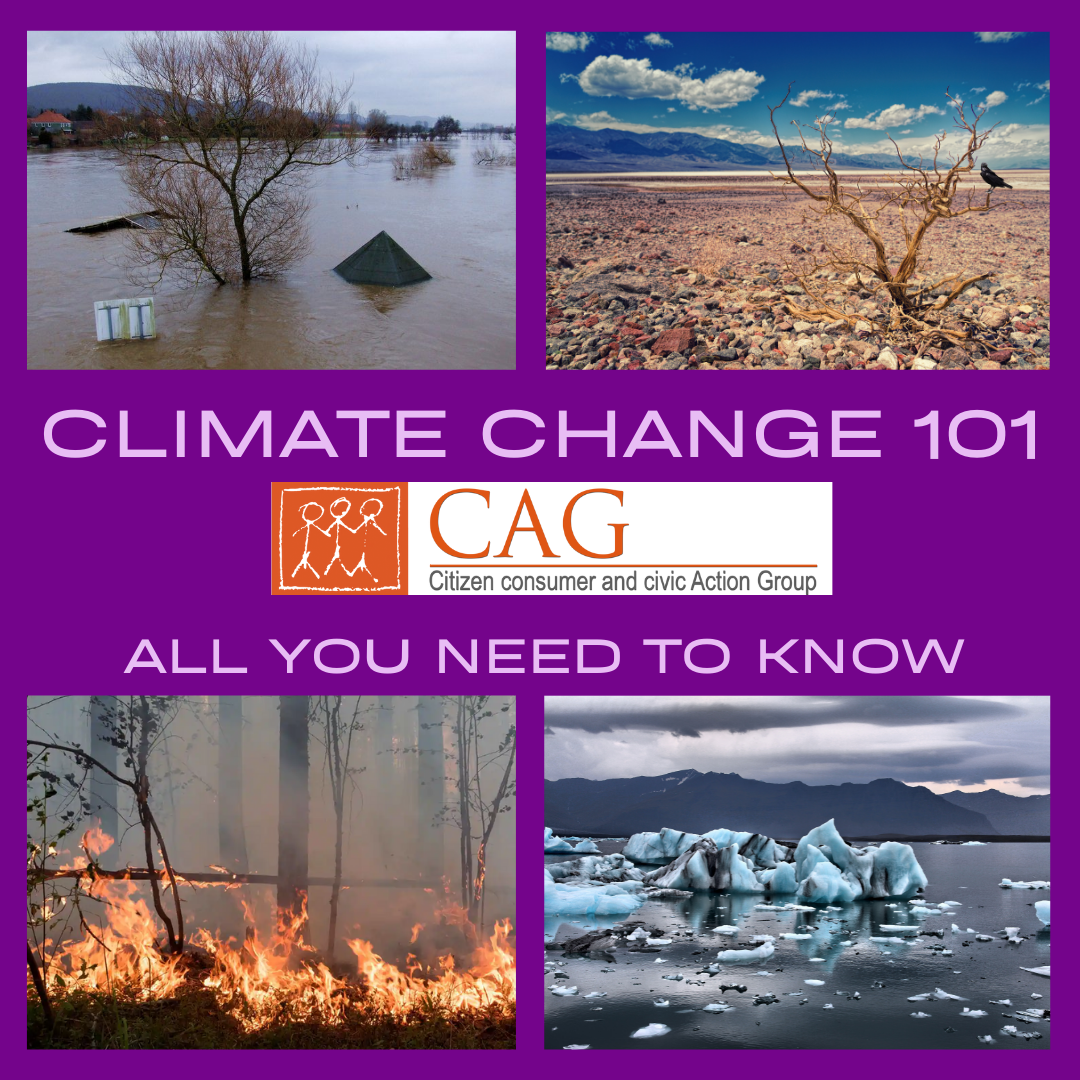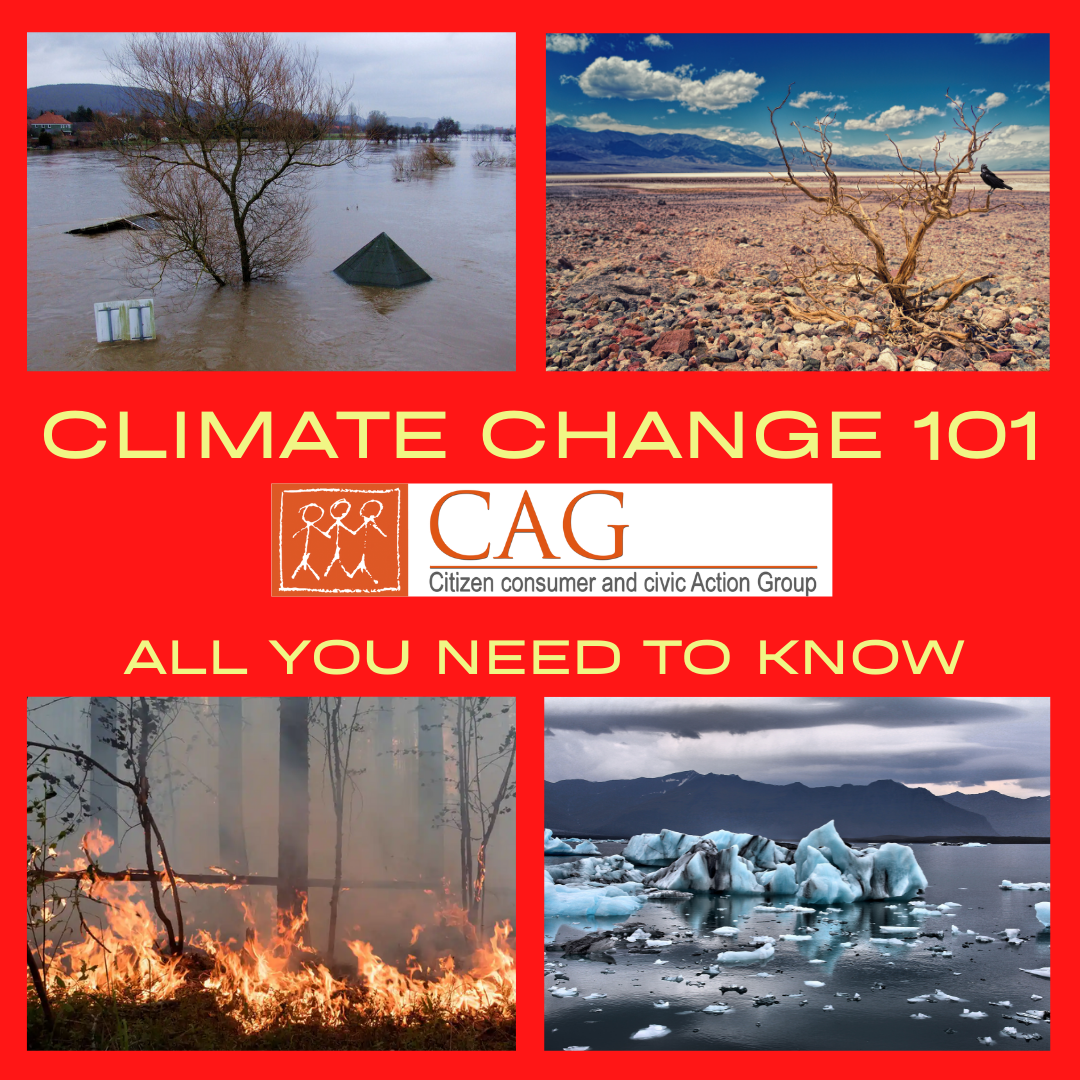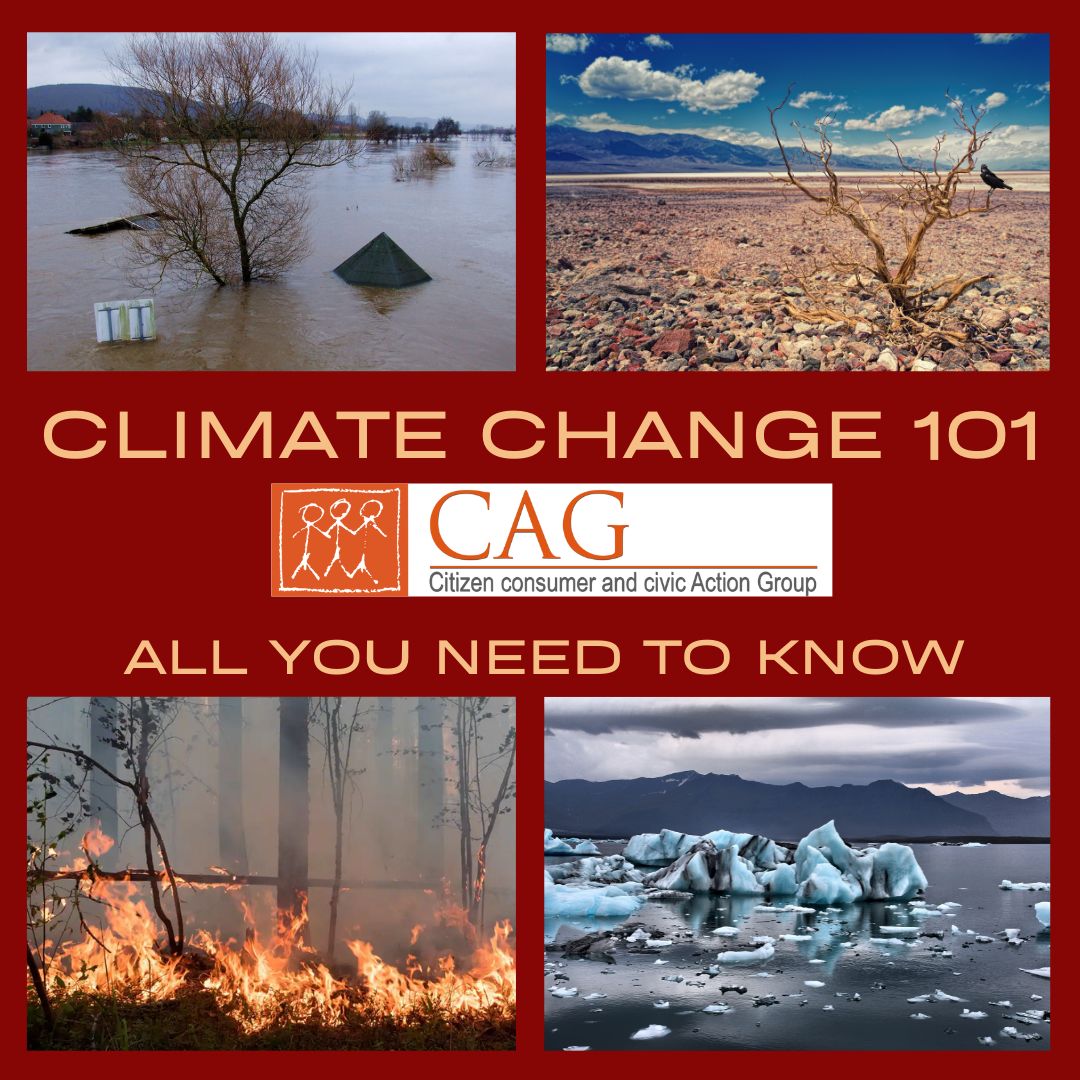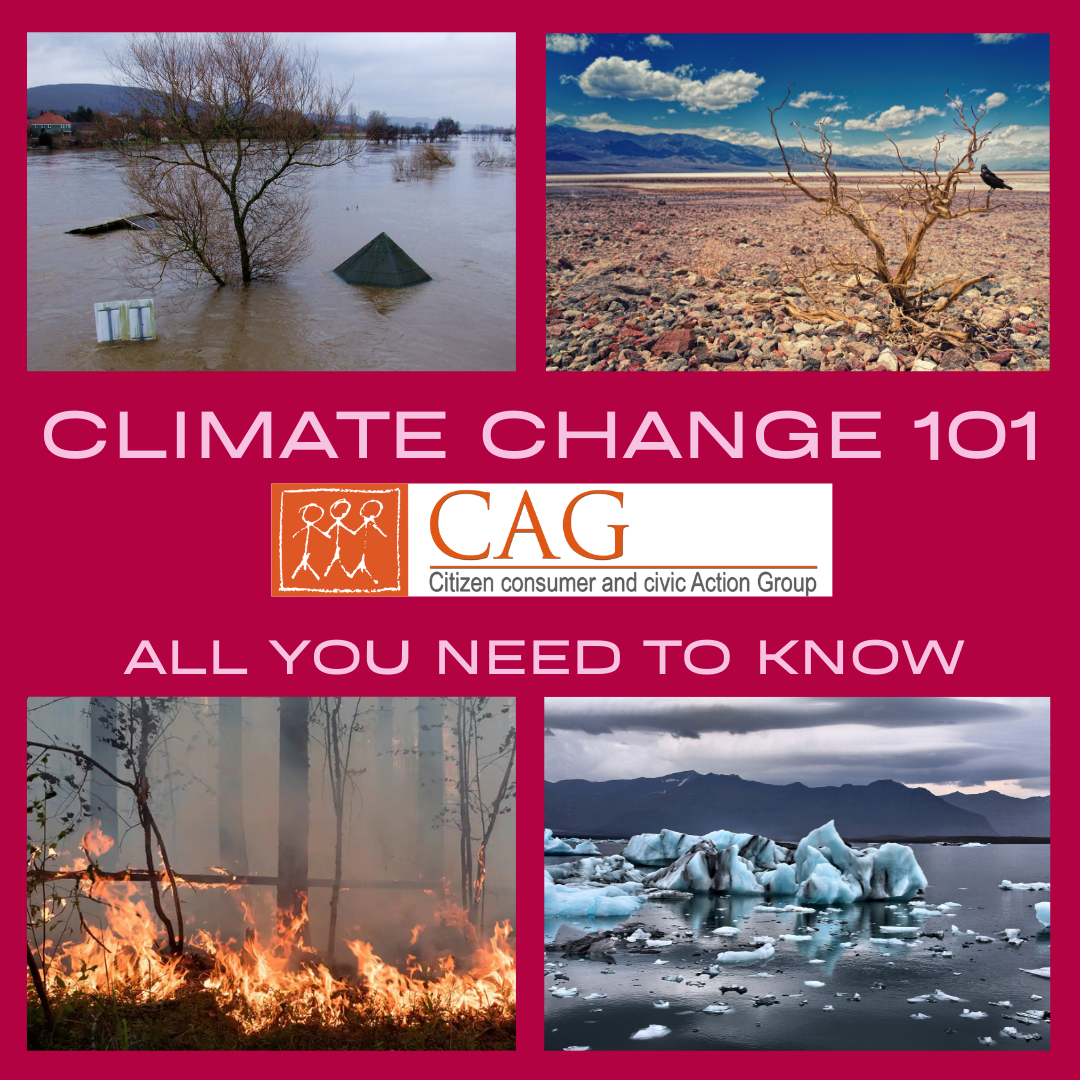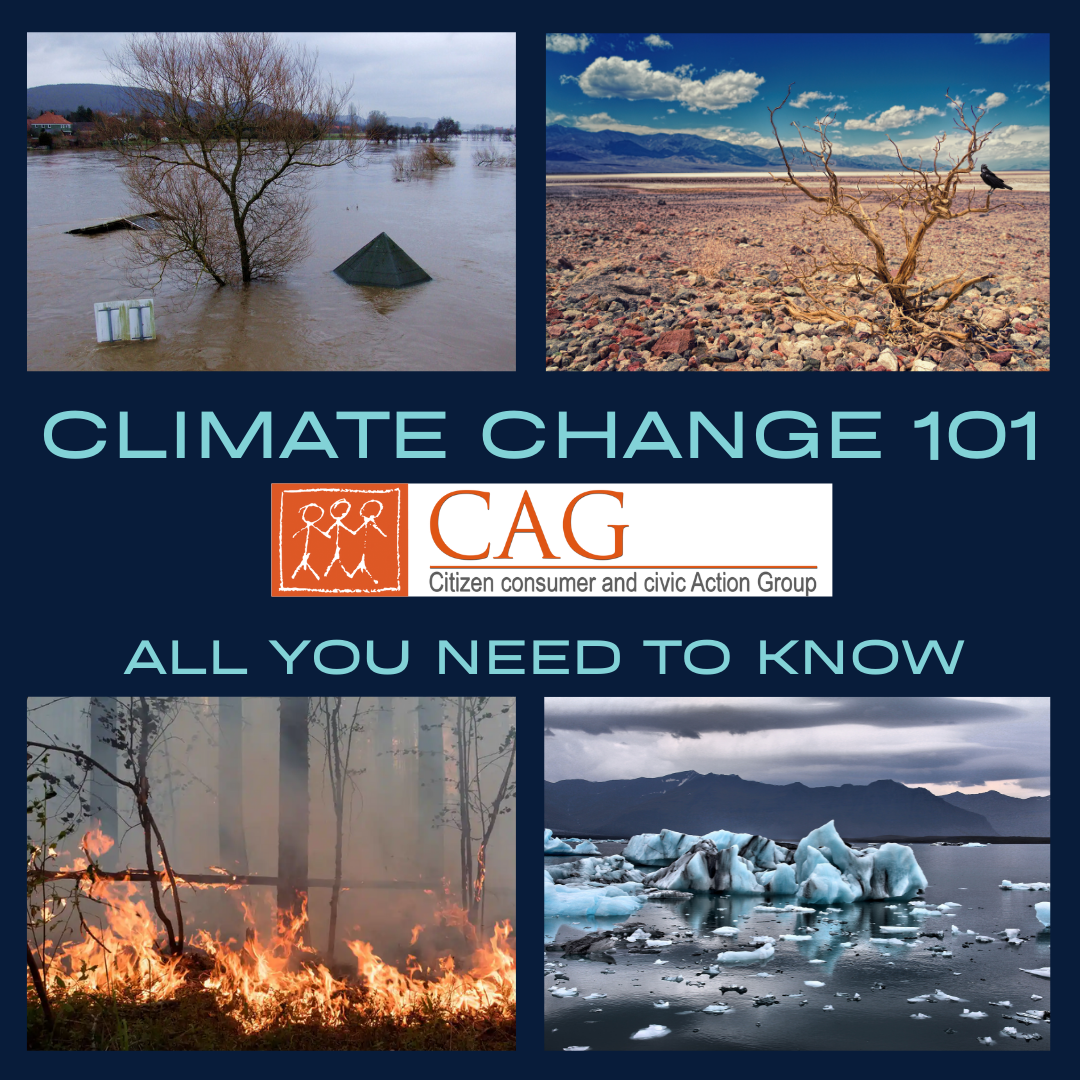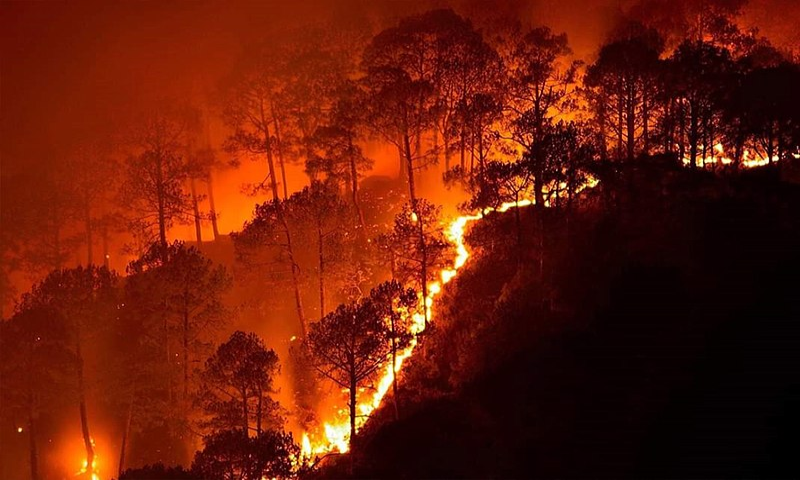CAG, with support from the SED Fund, will be looking to contribute to environmental sustainability and good governance by building a narrative for the phase-out of coal and the adoption of climate-friendly alternatives for energy security through a combination of demystification, awareness generation, capacity building, research and technical interventions.
In the balance between economy and environment, the understanding has been that they act in opposition to each other. This belief has directed actions of the government, leading to expedited clearances for setting up of industries. This leaves precious little time for communities, independent experts, activists and CSOs to undertake detailed impact analysis of the proposed projects on the local environment. There is an increasing concern about the extensive environmental damage that industries cause and the lack of public knowledge around rules and regulations of environmental governance in India. The Tamil Nadu (TN) state government is increasingly reliant on fossil fuels for energy security. Renewable energy is not seen as adequate for handling the growing demand, and coal power plants are being proposed to provide for growth in energy demand. There is a need for the engagement of experts, CSOs and academics to engage with the TN government for developing a transparent and accountable energy security plan for the state that is not heavily reliant on coal. CAG is looking at filling this gap by actively engaging with the TN government to plan for decarbonised energy security for the state.
In order to achieve this, we will be taking steps to focus on interventions towards the phase-out of coal and the adoption of clean alternatives for the energy security of Tamil Nadu. There is a lack of regulation and oversight from the state when it comes to retiring/decommissioning old thermal power plants (TPP). There is no guideline for decommissioning TPPs in India. CAG will develop understanding and capacity towards building a decommissioning guideline for TPPs. We will continue our engagement with the local communities and help them navigate the path to social and environmental justice. This will be achieved through knowledge sharing and outreach meetings and using demystified material relating to environmental regulation in India.
There has been growing interest among Indian policymakers to adopt geoengineering technologies in India’s energy sector. Geoengineering is a deliberate and large-scale technological manipulation of processes to control earth’s natural climate system with the aim to limit the damaging effects of the climate crisis. CAG intends to spread awareness regarding the risk of geoengineering technologies in India by engaging in research, networking, and building a knowledge bank on the topic.
